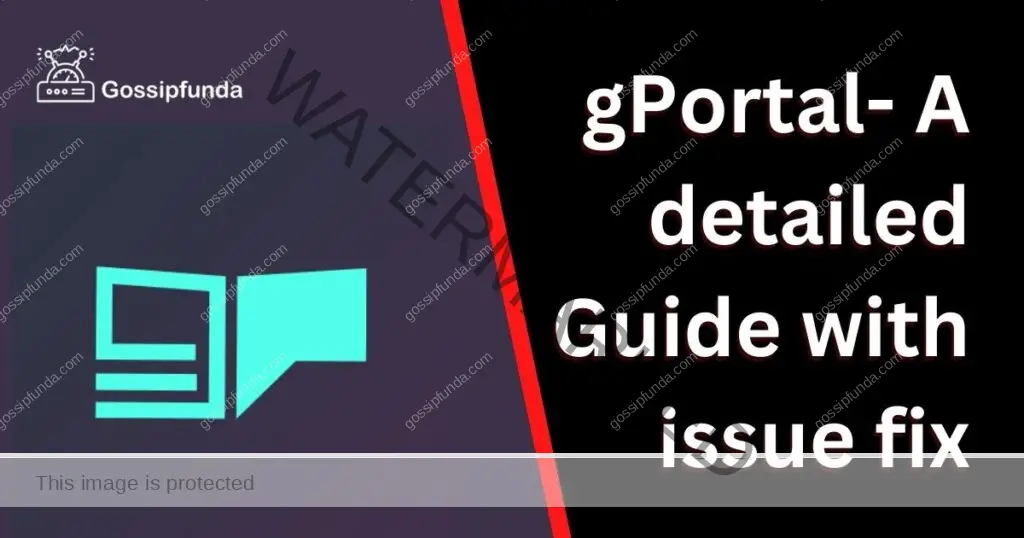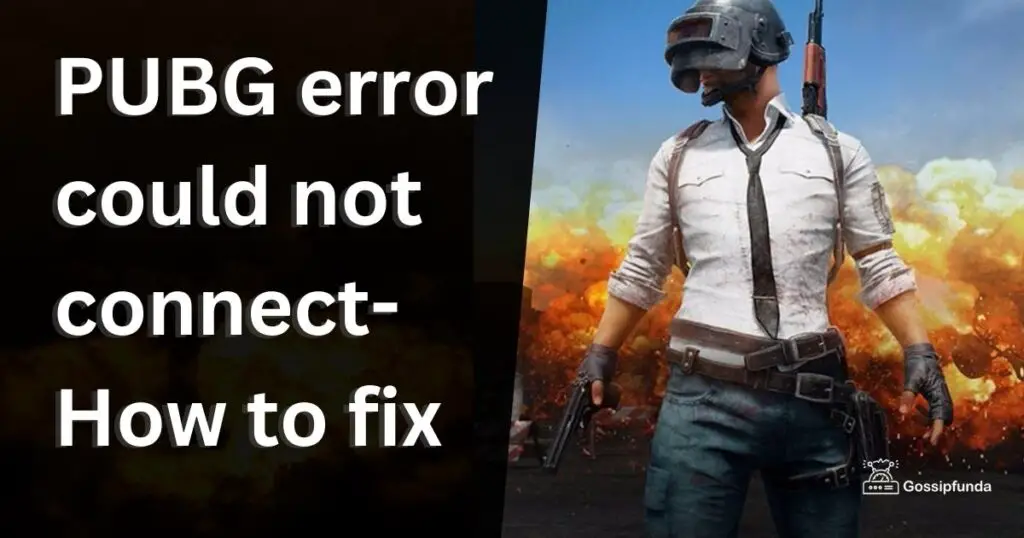Roll20 has become a beloved platform for playing tabletop role-playing games online, offering a virtual space for players and game masters to connect remotely. However, like any technology, it’s not immune to issues. If you find yourself facing the frustrating situation of “Roll20 not working,” fear not! In this comprehensive guide, we will explore the most common reasons why Roll20 might not function as expected and provide step-by-step procedures to fix these issues. Whether you’re experiencing connection problems, map loading errors, or glitches with the dice roller, we’ve got you covered. Let’s delve into the troubleshooting process and get your Roll20 experience back on track!
1. Connectivity Issues
One of the most common reasons for Roll20 not working is connectivity problems. Slow or unstable internet connections can lead to a laggy and unresponsive experience. If you notice delays in character movements, dice rolls, or actions taking forever to process, it’s likely a connection issue.
How to Fix Connectivity Issues:
Check Your Internet Speed: Use an online speed test tool to measure your internet speed. Ensure it meets the minimum requirements for Roll20 (at least 0.5 Mbps upload and download speed).
Use a Wired Connection: If possible, connect your computer directly to the router using an Ethernet cable to reduce latency.
Close Bandwidth-Intensive Applications: Streaming, downloading, or other bandwidth-heavy activities can interfere with Roll20. Close these applications during gameplay.
2. Browser Compatibility Problems
Another frequent culprit behind Roll20 issues is browser compatibility. Roll20 works best with certain browsers, and using an outdated or incompatible one can lead to glitches and errors.
How to Fix Browser Compatibility Problems:
Use Recommended Browsers: Roll20 recommends using Google Chrome or Mozilla Firefox for the best performance. Make sure you have the latest version installed.
Clear Browser Cache: Outdated cached data can cause conflicts. Clear your browser’s cache and cookies regularly.
Disable Browser Extensions: Some browser extensions may interfere with Roll20. Temporarily disable them and check if the issue persists.
3. Map and Asset Loading Errors
Experiencing delays or errors while loading maps and assets can disrupt gameplay and immersion, leaving players frustrated.
How to Fix Map and Asset Loading Errors:
Optimize Image Size: Large images can slow down loading times. Resize or compress images before uploading them to Roll20.
Use Proper Image Formats: Stick to PNG or JPEG formats for maps and assets, as other formats might cause compatibility issues.
Organize Assets: Group assets into folders to keep your Roll20 workspace tidy and loading times faster.
4. Dice Roller Glitches
Rolling virtual dice is a fundamental part of the tabletop RPG experience on Roll20. If the dice roller is acting up, it can lead to unfair gameplay or frustration.
How to Fix Dice Roller Glitches:
Refresh the Page: Sometimes, a simple page refresh can resolve dice roller issues caused by temporary glitches.
Verify Your Roll Command: Ensure you are using the correct syntax when inputting dice roll commands (e.g., “/roll 1d20”).
Try the Manual Dice Roller: If the built-in dice roller is causing problems, switch to the manual dice roller option and roll physical dice at home.
5. Script and API Errors
Roll20 allows users to enhance their experience with custom scripts and APIs. However, these can sometimes lead to errors, especially if they are outdated or conflicting.
How to Fix Script and API Errors:
Disable Custom Scripts: Temporarily disable any custom scripts or APIs you have installed to check if they are causing the issue.
Update Scripts and APIs: If a script is essential for your game, ensure you have the latest version compatible with the current Roll20 version.
Check Script Conflicts: Some scripts may not work well together. Remove conflicting scripts and see if the problem resolves.
6. Firewall and Security Settings
Sometimes, Roll20 may encounter issues due to strict firewall or security settings on your device or network.
How to Fix Firewall and Security Issues:
- Whitelist Roll20: Add Roll20 to your device’s firewall or security software’s whitelist to ensure it can communicate properly.
- Check Network Restrictions: If you are using Roll20 on a school or work network, check if there are any restrictions on gaming platforms.
- Disable VPN and Proxy: If you’re using a VPN or proxy service, try disabling it temporarily as it may interfere with Roll20’s connection.
7. System and Hardware Requirements
Roll20 has minimum system requirements that must be met to run smoothly. Inadequate hardware can lead to performance issues.
How to Fix System and Hardware Issues:
- Check System Requirements: Ensure your device meets the minimum requirements for running Roll20, such as sufficient RAM and processor speed.
- Update Graphics Drivers: Outdated graphics drivers can cause graphics-related problems. Update them to the latest version.
- Free Up Disk Space: Insufficient disk space can slow down Roll20’s performance. Clear unnecessary files and free up disk space.
8. Server Downtime
Sometimes, Roll20 itself experiences server downtime or maintenance, leading to temporary issues.
How to Check for Server Downtime:
- Visit Roll20 Status Page: Check Roll20’s official status page to see if there are any ongoing issues or scheduled maintenance.
- Follow Social Media Channels: Roll20 often updates users through their social media channels about any server-related problems.
- Wait Patiently: If the issue is on Roll20’s end, all you can do is wait until it’s resolved. Use this time for a quick snack break or discuss your campaign with fellow players.
9. Clear Cached Data
Sometimes, cached data can become corrupt and cause problems with Roll20’s performance.
How to Clear Cached Data:
- Refresh the Page: A simple page refresh can sometimes clear cached data and resolve minor issues.
- Hard Reload (Ctrl + F5): Perform a hard reload to bypass the cache and load a fresh version of Roll20.
- Clear Browser Cache: If the problem persists, manually clear your browser’s cache and cookies.
10. Seek Help from the Roll20 Community
If you’ve tried all the troubleshooting steps and still can’t get Roll20 to work, don’t despair. The Roll20 community is incredibly helpful and knowledgeable.
How to Seek Help from the Community:
- Visit the Roll20 Forums: The Roll20 forums are an excellent place to ask for assistance and share your issue with the community.
- Join Discord and Reddit Communities: Roll20 has active communities on Discord and Reddit, where you can seek advice from experienced users.
- Contact Roll20 Support: If all else fails, reach out to Roll20 support for personalized assistance with your specific issue.
Conclusion
Roll20 is an incredible platform for hosting online RPGs, but like any technology, it may encounter hiccups from time to time. If you encounter “Roll20 not working” issues, don’t panic. By following the troubleshooting steps outlined above, you can resolve common problems related to connectivity, browser compatibility, map loading, dice roller glitches, and script conflicts. By ensuring your internet connection is stable, using recommended browsers, optimizing assets, and staying up-to-date with scripts, you’ll enjoy a smooth and enjoyable Roll20 gaming experience. Get back to your epic adventures and immerse yourself fully in the virtual worlds of tabletop RPGs!
Awill Guru is a technology enthusiast with degrees in VLSI Engineering (B.Tech, M.Tech) and Android Development. Their passion for education drives them to teach and share knowledge through their blog. He also hold qualifications in Sociology (M.A.) and Education (B.Ed), along with NIELIT O and A Level certifications.


